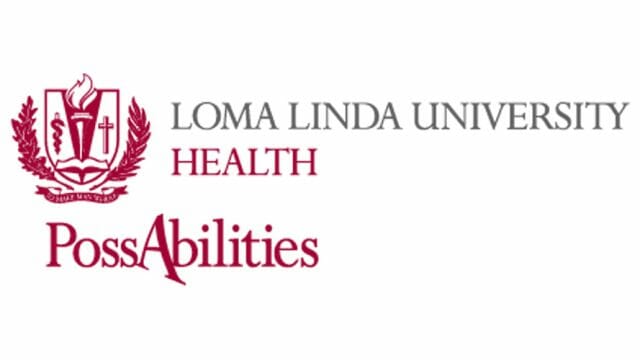Being misunderstood is an awful experience, especially if you are a teenager and the person doing the misunderstanding is your parent.

My 13-year-old daughter, whom I grounded the other day for misbehavior, yelled at me and said, “I hate you!” I froze. I didn’t know how to respond. I felt like saying the same thing back to her, but I decided that it would not be helpful. I still don’t know the best thing to do in situations like this. Do you have any suggestions?
Thank you for your important question, and for the parental wisdom you exercised when you stopped yourself from reacting to your daughter’s hurtful statement. The brains of 13-year-olds are in the process of developing, hence the outburst you experienced. This even happens to adults who are supposed to know better.
Many believe that when children say something rude to their parent(s), like what your daughter said to you, it deserves punishment. While we agree that it was inappropriate, we also believe it is important for parents to remain in control, without overreacting in order to address the situation in a way that will benefit the parent-child relationship.
Adolescence is a very delicate time of life. What parents do or say during this period has a lasting effect in the lives of children, as well as on the relationship between children and their parents. It’s important to determine what’s going on with your child that prompted such an outburst. By being proactive, remaining calm, and not taking personally what your child said, you can manage the conflict rather than exacerbate it.
Since being heard and understood is one of the most important needs of human beings, this is a good time to get to the bottom of the feelings that caused your daughter to explode in such an inappropriate way. So a good approach to enter into your daughter’s fragile world without causing more pain is to say to her in a calm and compassionate voice: “I hear you say that you hate me.” While this may seem unrealistic and too postmodern, it will validate your daughter’s feelings by conveying to her that despite the pain she caused you, you are willing to hear her out and try to understand her, rather than using your parental power and authority to exact punitive measures, inciting a bad situation to escalate.
This will allow you to dig deeper into what is happening to your child’s emotions, rather than reacting to the emerging symptoms of what may be a serious condition. If you have a relatively good relationship, your daughter may likely respond, “Yes, that’s what I said, but I didn’t really mean what I said. I was upset because instead of asking me what happened at school, you took the teacher’s word without checking with me for my side of the story. I felt frustrated and angry that not even my mother was being fair with me.”
Here is your opportunity as a parent to apologize, if necessary, and give your daughter a chance to tell her side of the story. Being misunderstood is an awful experience, especially if you are a teenager and the person doing the misunderstanding is your parent. Children who are regularly misunderstood by their parents will soon have no desire to be around them, or even approach them, and will look for someone else with whom they feel comfortable talking. This is why listening to your teenager is key to building a relationship of trust with her and increasing the connection between you.
The Bible states, “Everyone should be quick to listen, slow to speak and slow to become angry” (James 1:19). If you model this behavior your daughter will likely emulate you, bringing greater peace to your home and an improved relationship between you.
Willie Oliver, PhD, CFLE, an ordained minister, pastoral counselor, and family sociologist, is director for the Department of Family Ministries at the world headquarters of the Seventh-day Adventist Church.
Elaine Oliver, MA, LGPC, CFLE,an educator and counseling psychologist, is associate director for the Department of Family Ministries. You may communicate with them at Family.Adventist.org or at HopeTV.org/RealFamilyTalk.
All Bible references are from the New International Version of the Bible.








